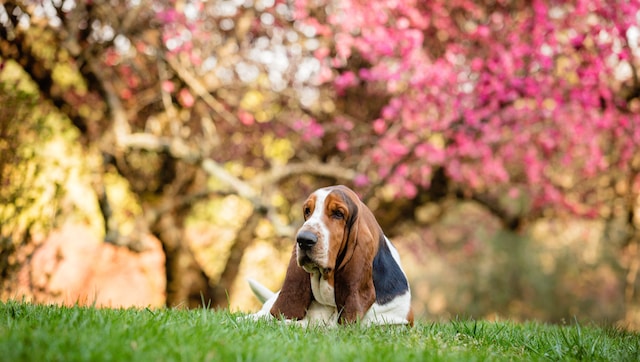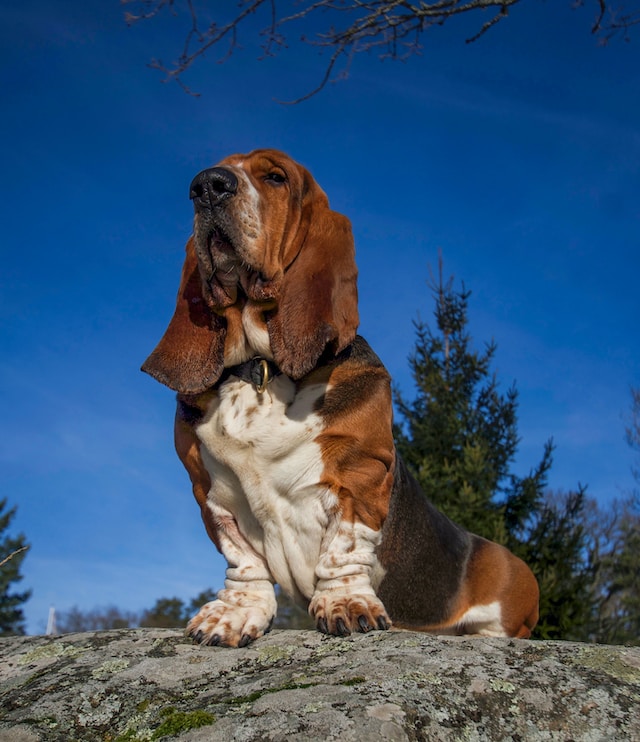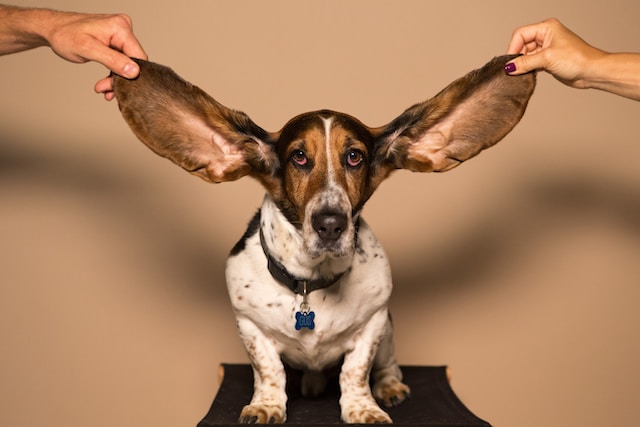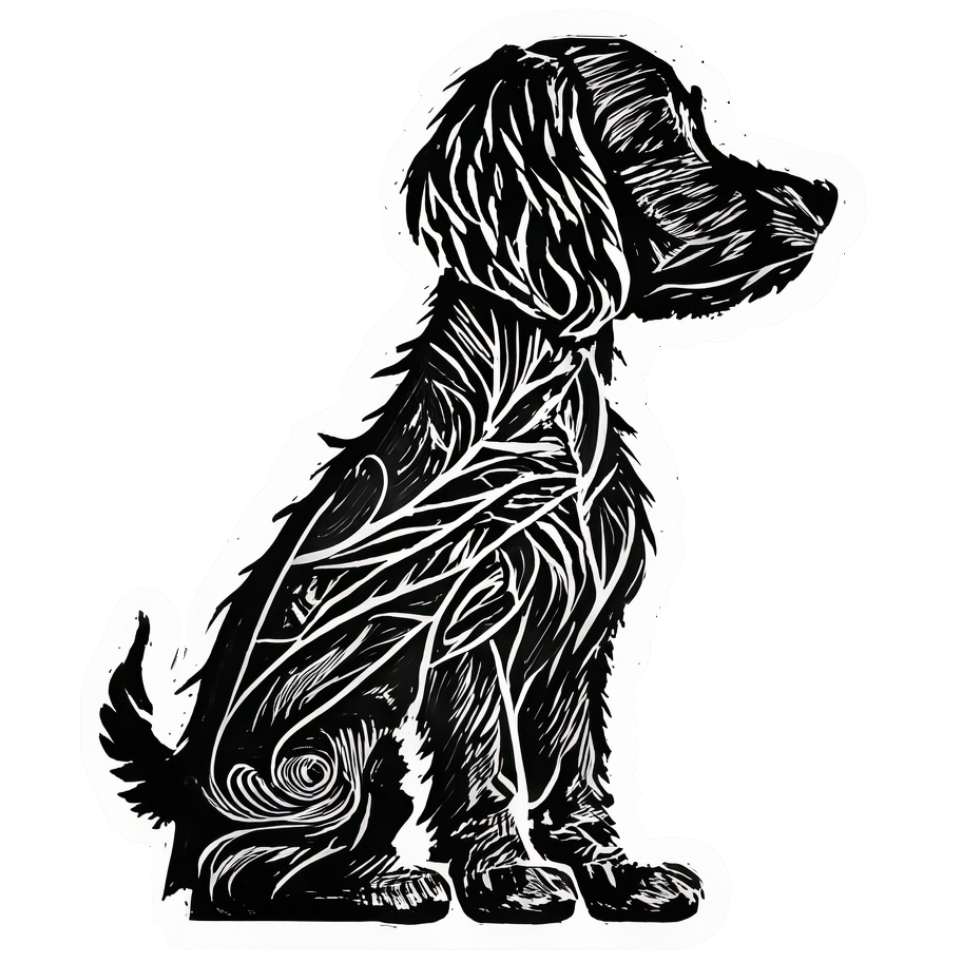Gentle Aristocrat



The Basset Hound, a breed easily identified by its unique, droopy-eyed expression, long ears, and short, sturdy body, is a perfect mix of gentleness and determination. Known for their exceptional sense of smell, Basset Hounds are friendly and easygoing dogs that make for great family pets.
Origin and History
The Basset Hound originated in France, where “basset” translates to “low set,” referencing the breed’s unique short-legged appearance. These dogs were bred for hunting small game, utilizing their exceptional sense of smell, which is second only to the Bloodhound. The breed gained popularity in the 19th century and eventually found its way to America, where it was officially recognized by the American Kennel Club in 1885.
Appearance
The Basset Hound is a medium-sized dog, typically weighing between 40 to 65 pounds, and standing about 11 to 15 inches tall at the shoulder. The breed is renowned for its short, sturdy body, elongated face, and exceedingly long ears. Their coat is short, dense, and can come in a variety of colors, including tricolor (black, tan, and white), and bicolor patterns such as lemon and white.
Temperament
Basset Hounds are friendly, patient, and generally quite relaxed. They get along well with children and other pets, making them a perfect fit for families. Despite their hunting roots, Basset Hounds are predominantly indoor dogs who enjoy the comfort of home and the company of their owners.
Bassets are intelligent but can be a bit stubborn. Consistent, positive reinforcement-based training from a young age is crucial. Their love for food can be used as a motivation during training sessions, but careful monitoring of their diet is necessary to prevent obesity.
Exercise and Health
Although they might look lethargic, Basset Hounds require moderate daily exercise to keep them fit and to prevent boredom. A couple of short walks and a light play session are usually sufficient.
Basset Hounds are generally healthy but can be prone to certain health issues such as obesity, hip and elbow dysplasia, and ear infections due to their droopy ears. Regular check-ups with the vet and maintaining a healthy diet and weight can contribute to a long, happy life.
Living with a Basset Hound
Living with a Basset Hound is a joy-filled experience. They’re likely to follow their noses, which can sometimes lead them astray, so a secure fence is necessary when they’re outdoors. They’re generally quiet but will alert their owners with a distinctive howl if they sense something amiss.
The Basset Hound’s short coat requires minimal grooming but their ears need regular cleaning to prevent infections. It’s also crucial to keep an eye on their diet, as they tend to overeat if given the opportunity.
In conclusion, the Basset Hound, with its charming, laid-back nature, and distinctive appearance, can make a wonderful addition to many homes. Their love for family, coupled with their mild-mannered temperament, truly makes them a delightful breed to have around.
